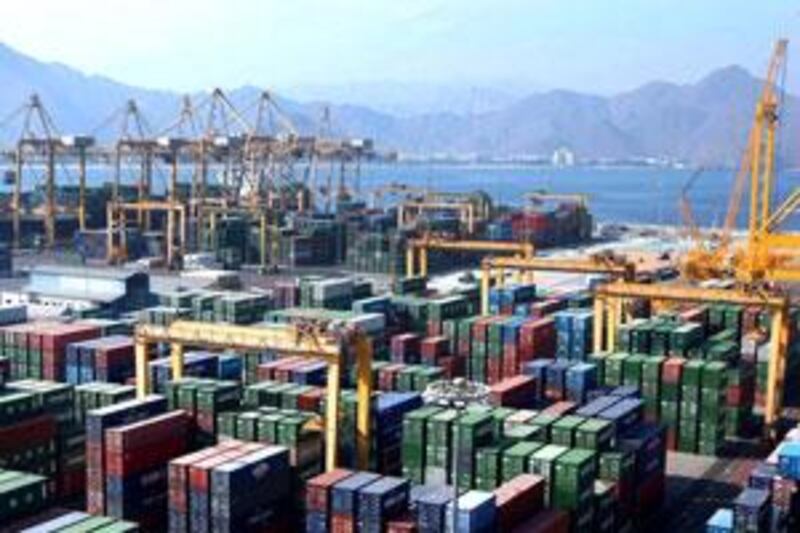Kuwait, which has been struggling to expand the capacity of its energy sector, has struck a deal with Royal Dutch Shell to tap into the emirate's technically challenging deep gas deposits. The project is crucial to economic prosperity because Kuwait is short of gas to supply its power and industrial sectors, and for years has experienced summer power cuts. Last summer, as OPEC cuts forced the emirate to lower both oil and gas output from its oilfields, Kuwait started importing liquefied natural gas from as far away as Russia's Sakhalin Island.
Because of the chronic gas shortage, the discovery and development of pure gas deposits has been an important strategic goal for the government-owned Kuwait Oil Company (KOC). "We looked for gas [not associated with oil] since 1960, but didn't find any until 2000," Mohammed Hussain, the deputy chairman of the company, said this month in Abu Dhabi at an industry forum on developing economically marginal fields. "For us it's the gas, not the fields, that are the issue."
KOC said this month it had signed a five-year technical services contract with Shell to raise the combined output from several gasfields discovered in northern Kuwait to 1 billion cubic feet per day (cfd) from about 140 million cfd currently. Shell would provide the expertise and technology needed to develop the difficult reservoirs, Sheikh Talal Al Sabah, a government spokesman, told the state news agency KUNA.
"The project is one of the most complex and challenging in terms of technology in any place in the world," he said. Nevertheless, it would help meet demand for the relatively clean-burning fuel for generating power, as petrochemicals feedstock and for injection into oil reservoirs to boost crude output. Shell said the project was "complicated and challenging due to unconventional geological formations, difficult reservoir conditions and complex gas compositions".
Mr Hussain has previously said the gas deposits were thousands of metres underground and contained high concentrations of the toxic, corrosive gas hydrogen sulphide. In a report citing unnamed industry sources, Kuwait's Al Rai newspaper said the contract was worth US$700 million (Dh2.57 billion). tcarlisle@thenational.ae





